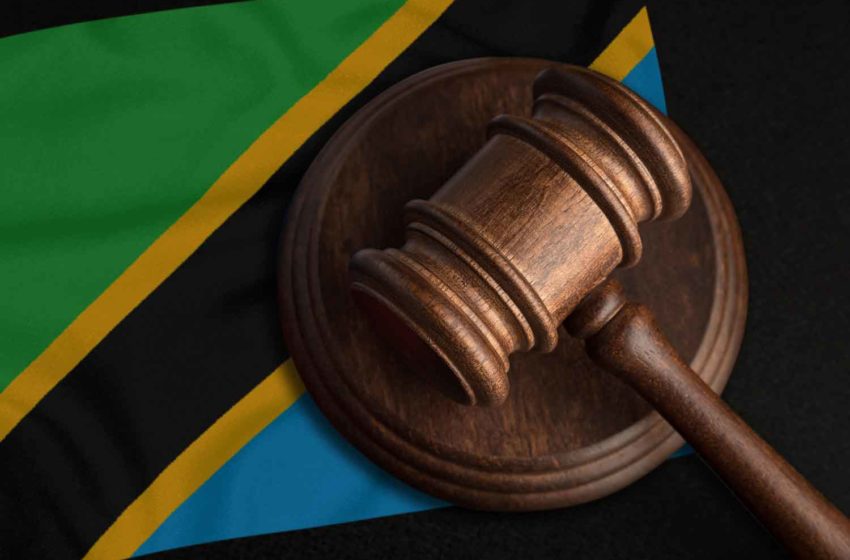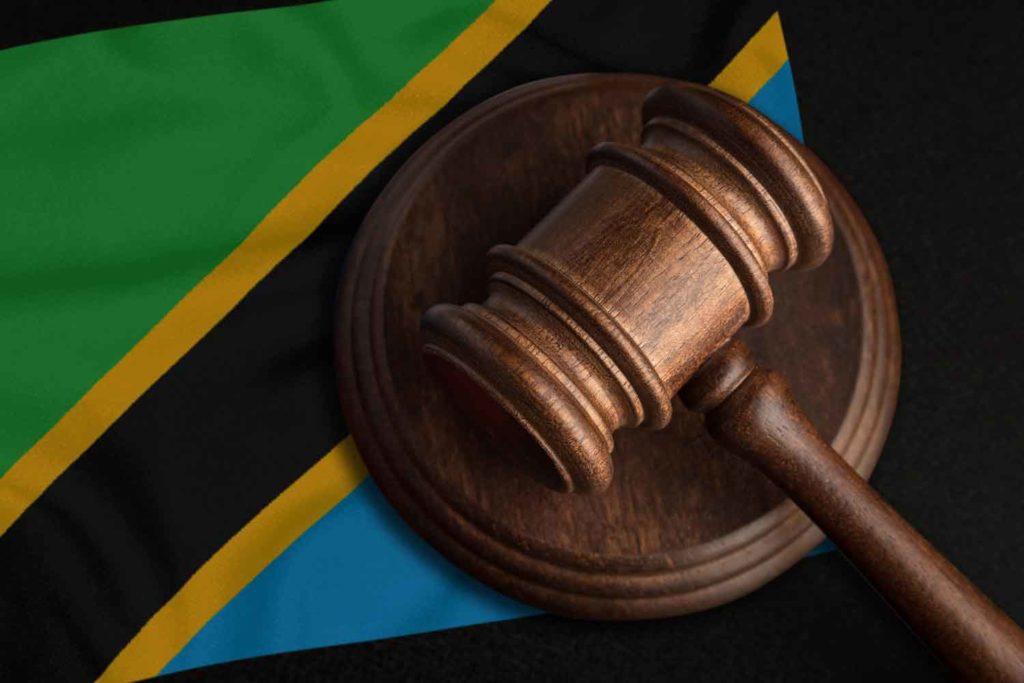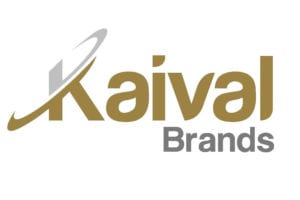
Juul Labs has agreed to pay Washington State $22.5 million to settle claims that it unlawfully targeted underage consumers with deceptive advertisements.
“Juul put profits before people,” Washington Attorney General Bob Ferguson said on April 13 in a statement. “The company fueled a staggering rise in vaping among teens.”
Among other complaints, Washington State argued that Juul failed to disclose clearly that its products contain nicotine. For more than 20 months, from August 2016 until April 2018, it “unlawfully sold hundreds of thousands of vaping products to Washington consumers,” the state’s attorneys wrote in their complaint.
As part of the settlement, Juul committed to reforms, including stopping all advertising that appeal to youth and ending most social media promotion in the settlement, according to Bloomberg.
“This settlement is another step in our ongoing effort to reset our company and resolve issues from the past,” the company said in a statement. “We support the Washington state attorney general’s plan to deploy resources to address underage use, such as future monitoring and enforcement.”
The deal is the latest in a series of settlements of youth vaping-related court cases brought by U.S. states.
In November 2021, Juul agreed to pay $14.5 million and change its business practices as part of an agreement with Arizona. In June 2021, it settled a similar case brought by North Carolina for $40 million.
Juul Labs continues to face similar suits from several states, including New York and California.














 The U.S. Court of Appeals for the Eleventh Circuit has stayed the marketing denial order (MDO) issued by the U.S. Food and Drug Administration to Bidi Vapor in September 2021.
The U.S. Court of Appeals for the Eleventh Circuit has stayed the marketing denial order (MDO) issued by the U.S. Food and Drug Administration to Bidi Vapor in September 2021.




